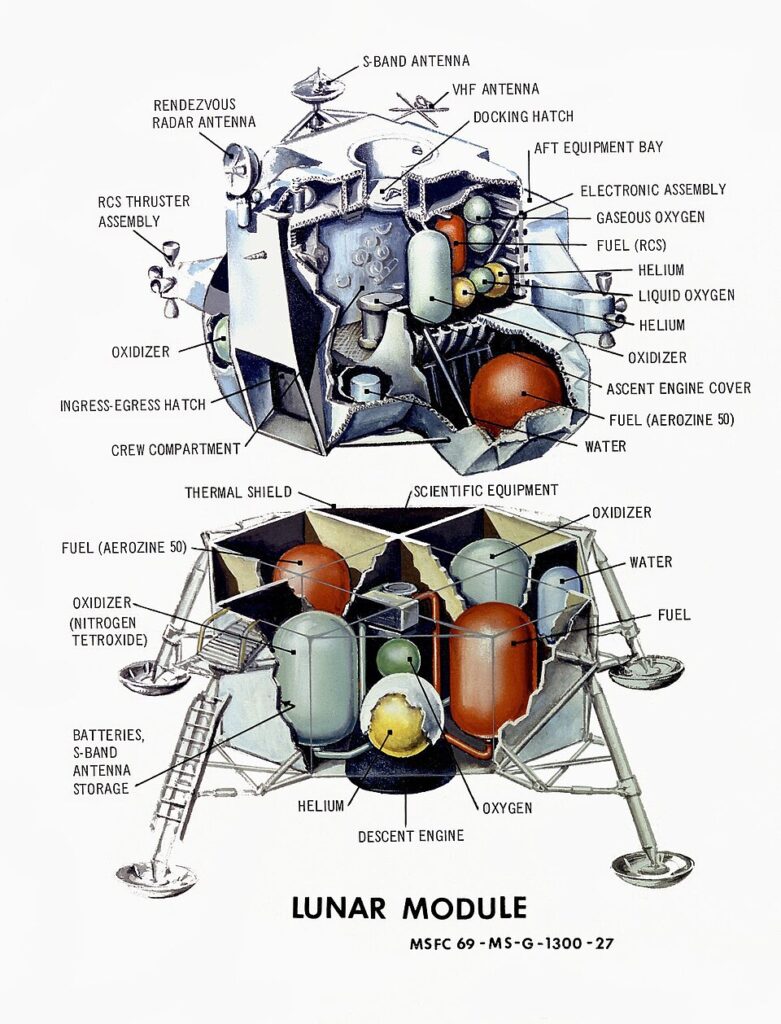Good morning.
Wednesday in Whitewater will be sunny with a high of 31. Sunrise is 6:36 and sunset is 5:39 for 11 hours 3 minutes of daytime. The moon is a waxing gibbous with 62.7 percent of its visible disk illuminated.
Whitewater’s Lakes Advisory Committee meets at 4 PM.
On this day in 1933, the United States launches the USS Ranger at Newport News, Virginia. It is the first purpose-built aircraft carrier to be commissioned by the US Navy.
FREE WHITEWATER has published previously on professional reporting from LancasterOnline and WGAL about the controversies the former Whitewater superintendent has caused in that community. See Former Whitewater Superintendent Source of Uncertainty and Controversy in Her Current Position and Update: Former Whitewater Superintendent Placed on Leave from Pennsylvania School District.
A preliminary point: A person of seriousness reviews information from near or far that informs an understanding of public policy in one’s own community. Those who ignore credible, professional accounts that inform policy, including our own past mistakes, ill-serve Whitewater. See The Importance of Reviewing Past Policy Failures. (Admittedly, by encouraging ignorance of our own conditions, including our own past, they may well be serving their own friends and cronies.)
What was the problem with our former superintendent and the boards that tolerated her for five years? From this libertarian blogger’s perspective, her tenure represented a collapse of open government by the district and its board.
From Manheim Township, Pennsylvania (where Pate-Hefty was employed for seven months until being placed on leave), one now reads that a Manheim Township resident questioned the hiring of a PR firm tied to Manheim Township superintendent on leave:
The district’s contract with the Donovan Group came up at Thursday’s board meeting. Resident Karen Topper asked, “Can you explain what the Donovan Group is providing that the district communication director is not and cannot provide to warrant these additional monthly charges.”
The Manheim Township board inked a contract with the Donovan Group on Nov. 20. At that time, former Republican board member Kim Romano posed a similar question to Pate-Hefty, noting that the monthly cost “seems excessive” for the district, which already employs a full-time communications director.
The contract originally extended through June with a $4,500 monthly cost. Last week, the board directed district staff to terminate the agreement with Donovan Group effective March 15.
The Donovan Group describes itself as “an award-winning communication, marketing, and public relations firm serving public schools nationwide.” It is headquartered in Milwaukee and has offices across the country, including in Philadelphia.
Topper on Thursday also questioned the prior relationship between Pate-Hefty and a Donovan Group employee.
“It seems interesting that the same Donovan partner who worked with the superintendent’s former employer is listed as the Donovan Group contact for the Manheim Township School District,” Topper said.
Donovan Group partner Lori Mueller is the district’s primary point of contact, according to the contract. Mueller also works closely with Whitewater Unified School District in Wisconsin, where Pate-Hefty was superintendent before being hired for her current job.
Mueller’s name appears in Whitewater Unified board documents dating back to at least 2022, and she was listed as a point of contact and “Communications & Media Specialist” for Whitewater when the district was searching for Pate-Hefty’s replacement, and she was advising the district on a strategic plan as recently as November.
Mueller, who is based in Florida, served six years as Superintendent to the School District of Baraboo in central Wisconsin. Mueller and the district were the center of national attention in 2018 after Baraboo High School students mimicked a Nazi salute in a prom photo that went viral.
See Ashley Stalnecker, Resident questions hiring of PR firm tied to Manheim Township superintendent on leave, LNP | LancasterOnline, February 13, 2026.
Again, this is solid reporting from Ashley Stalnecker and LNP | LancasterOnline. That reporter and publication have done well by their readers.
The Donovan Group presented to the Whitewater School Board on Monday. This libertarian blogger will not speculate on what good might come of their continuing association with Whitewater. People choose freely, sometimes well, sometimes poorly…
Note well, Whitewater: The Manheim Township School District, although mistaken in hiring Pate-Hefty, acted more quickly to remedy its mistake than Whitewater did its own. We went through five years of what Manheim Township sensibly rejected after less than one year.
Enduring so much in Whitewater showed the poor judgment of our school board majorities over those years, when those boards variously had either right- or left-leaning majorities. Majorities on both sides of the aisle, so to speak, failed this community.
From FREE WHITEWATER in March 2024, having patiently (too patiently) and dispassionately considered Whitewater’s situation:
There is time, but only a little time, left for this board, this board president, these board members, and this superintendent to speak candidly to Whitewater. Principled men and women in Whitewater should not tolerate — must not tolerate — concealment through closed sessions, cease-and-desist actions, and threats of censure.
And later that month, when it seemed possible that Pate-Hefty might depart Whitewater for Racine:
The Whitewater Unified School District’s board will soon have the opportunity to choose a new president. That board will be able to oversee the selection of a new superintendent at the earliest opportunity, either through her employment elsewhere, a settlement agreement, or if regrettably necessary through lawful public action of the board.
For Whitewater, the daunting — yet hopeful — building of a new administration in a new district awaits. We need not fear that a choice today will lead to worse outcomes tomorrow. This community can achieve for its students academic success, athletic accomplishment, and artistic achievement under principles of individual rights and tolerance for all, without prejudice toward race, ethnicity, gender, or orientation.
The principles of limited, open, responsible government and individual rights hold the commanding heights. They occupy good ground; they have a defensible position. Those who hold these values will over-match those who oppose them. We need not be afraid of what comes next — we will shape what comes next.




